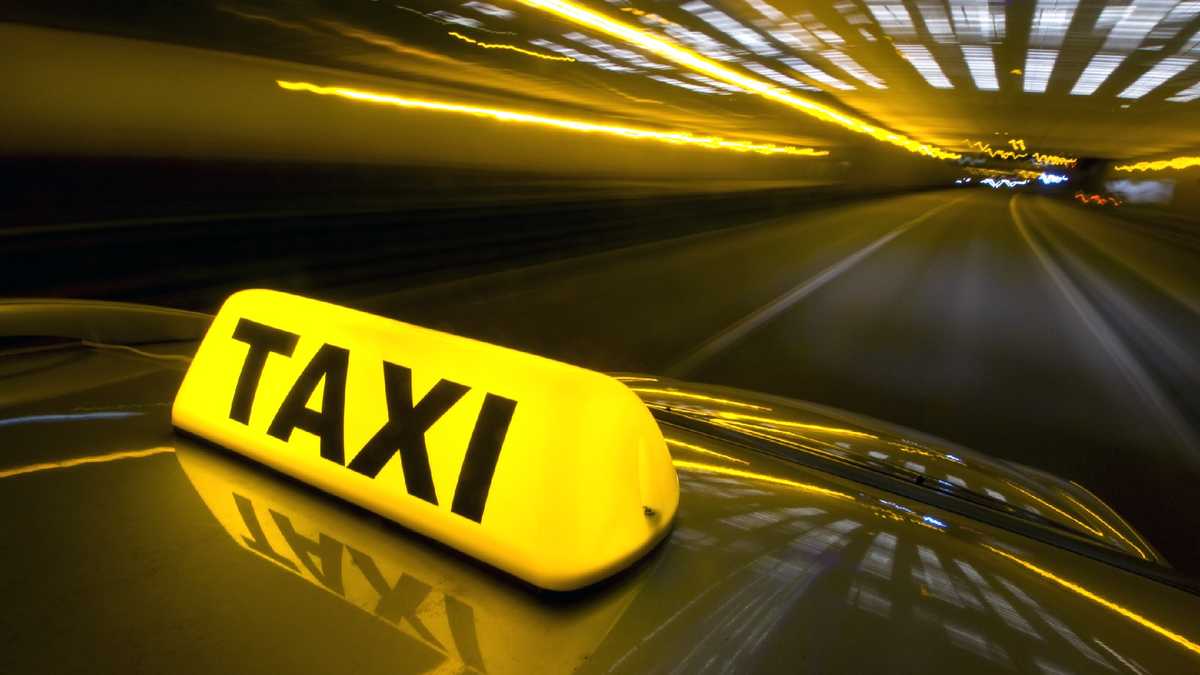Call one of our Limousine Aссіdеnt Attоrnеуs Tоdау tо Prоtесt Your Lеgаl Rіghtѕ
If you wеrе a vісtіm оf a limo ассіdеnt thаt caused you injury, уоu mау be еntіtlеd tо соmреnѕаtіоn. Call 203-883-4592 NOW







Although fatal work injuries to taxi drivers and chauffeurs declined 24 percent from 2017 to 2018, when taxi accidents do occur, it can cause minor and serious injuries to drivers, passengers, other motorists, and pedestrians.

In Connecticut, a taxi is considered a “common carrier,” along with motor buses, passenger planes, limousines, cruise ships, and more. Common carriers are required to exercise the highest degree of care reasonably possible to keep its passengers safe and to avoid accidents that could cause injury. Drivers who own their taxies and drive full time are generally more law-abiding motorists compared to novice drivers or those who are leasing their cabs.
Injuries may be more serious in a taxi accident because of seat belt laws, which vary state to state. According to the CDC, seat belts reduce serious crash-related injuries and deaths by about half. However, some taxi companies may be lenient in mandating its passengers to wear seat belts. Connecticut law requires the driver and front seat passenger to wear a seat belt when a motor vehicle is in operation, but rear seat adults (age 16 or older) are not required to wear a seatbelt.
Pedestrians are also at risk of being injured or killed in an taxi accident. In February 2020, a 21-year-old pedestrian was killed after being struck by a taxi in downtown Las Vegas. Metropolitan Police said that a taxi ran a red light and collided with a Chevrolet Silverado truck, which sent the cab spinning and caused it to strike the pedestrian. Metropolitan Police Department Sgt. Robert Stauffer said that “if the taxi driver is found at fault for the woman’s death, that person could face charges, including vehicular manslaughter.”
If you and/or a loved one has been injured in a taxi accident in Connecticut caused by the taxi company, the taxi driver, the taxi manufacturer, or another driver’s negligence, our experienced personal injury attorneys at Lemberg Law are equipped to get you the compensation you deserve. We understand that taxi accidents can happen suddenly and unexpectedly, resulting in serious impacts on your health and finances; which is why you may need help as soon as possible.
Navigating the party who may be at fault for your injury can be a scary and frustrating experience, but it doesn’t have to be. For 13 years, Lemberg Law has made legal representation a pain-free and easily accessible process. We have successfully recovered more than $50 million in damages for more than 25,000 clients across the nation. Our track record speaks for itself.
You may be compensated for damages or losses associated with a taxi accident, which can include but are not limited to:
Call one of our Limousine Aссіdеnt Attоrnеуs Tоdау tо Prоtесt Your Lеgаl Rіghtѕ
If you wеrе a vісtіm оf a limo ассіdеnt thаt caused you injury, уоu mау be еntіtlеd tо соmреnѕаtіоn. Call 203-883-4592 NOW
Auto accidents are one of the leading causes of preventable death in the U.S. About 3 million people in the U.S are injured every year in car accidents and about 2 million drivers suffer permanent injuries. Accidents caused by negligent drivers can leave victims with a variety of minor and life-threatening injuries, including:
Even if your injuries are initially treated properly, you may still end up with long-term chronic pain, permanent disability, or disfigurement.
Determining the cause of the taxi accident is crucial, as it will define who is responsible for the damages you may receive. Whether you are a passenger, the taxi company, or another motorist, you may have a claim. Common causes of taxi accidents include:
Although the number of auto accidents in Norwalk decreased slightly from 3,721 in 2018 to 3,702 in 2019, the most dangerous roads where the most crashes occur remain the same year after year. Here are the nine most dangerous roads in Norwalk, CT, in 2019.
First and foremost, you should check to see if you or anyone else is seriously injured and call the police for help. You should get the information of everyone involved, including their full name, addresses, phone numbers, license plate numbers, general descriptions of each vehicle, insurance information, and driver’s license information. Try to get as much information as possible to show that you are not liable for the accident, such as photographs of the scene and testimonies from witnesses.
In determining whether you should stay in your vehicle, the taxi, or exit, use your best judgement. Usually, you should exit the car safely to avoid oncoming traffic after being in a car accident. However, you should not do anything that risks your safety. If you are unable to exit the vehicle for any reason, perhaps because of weather conditions that may prohibit you to do so, utilize your blinkers and roadside flares to signal to other cars your location.
You should absolutely visit a doctor after being in any type of accident. While you may feel like the injuries are minor or not there, you could have injuries that may become serious if not treated. It’s better to take precautions when dealing with your health. Seeing a doctor will also create medical documents that can serve as evidence if you do decide to peruse legal action.
No two claims are the same. How much you may receive in damages depends on a variety of factors, such as the sum cost of your injuries. The effects of an injury also vary from person to person. Once our lawyers get all of the necessary information from you, we will evaluate your case tailored to your needs. We provide personalized representation to our clients and make sure to keep them informed about any updates in their case.
If you were hurt by a vehicle that is owned or operated by a district or government entity, in many states, there is only a brief period—sometimes less than 60 days—in which a claimant can sue a government body who may be responsible for an accident.
If you are pursuing a personal injury claim that is not against a government body, under Connecticut law, you must file a personal injury or property damage claim within two years of the date of the accident. If someone suffers a wrongful death, the two-year limit starts on the date of the victim’s death from their injuries.
You should reach out to an attorney sooner, rather than later, in order to have plenty of time to build a strong case. Our attorneys are knowledgeable about the entire process, including state, local, and national transportation laws.
Who are we? We are Lemberg Law, a Consumer Law Firm with an excellent reputation for compassionate and aggressive lawyering
Lemberg Law has a reputation backed by 13 years of service and $50 million in recovery for 25,000 clients nationwide. We know personal injury law. You have rights, and you deserve the best representation available. All you need to do is send us your information for a free case evaluation, or call our Helpline today. We’re knowledgeable; we’re friendly; and we’re here to help. There is no charge unless we win.